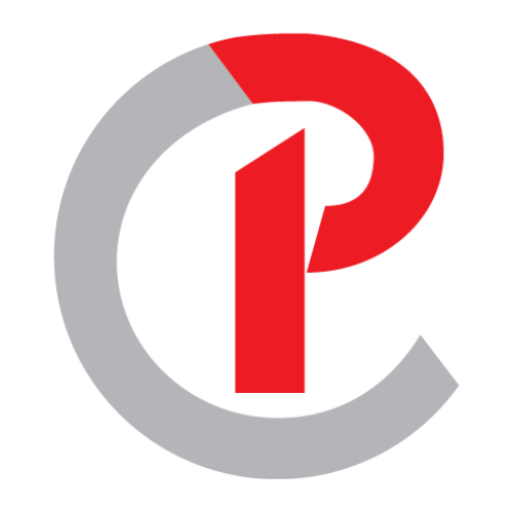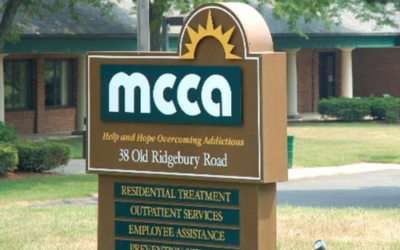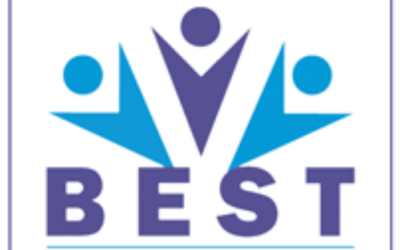Prevention is a science. Our work in this field is evidenced-based and constantly evolving with the new research found from leaders of our field. Although the SAMHSA (the Substance Abuse and Mental Health Services Administration) bases its core competency of the prevention profession around proficiency in implementing the Strategic Prevention Framework (SPF), many states have also created their own criteria for examining the effectiveness of their prevention workforce. In Connecticut, the Connecticut Certification Board require prevention professionals to fulfill educational and examination requirements in six domains:
Domain I: Planning & Evaluation
Domain II: Prevention Education & Service Delivery
Domain III: Communication
Domain IV: Community Organization
Domain V: Public Policy & Environmental Change
Domain VI: Professional Growth & Responsibility
In this segment, we focus on building the competency and providing engaging knowledge to the prevention profession to ensure understanding of foundational values in the field.
This quarter’s topic of exploration: Professional Growth & Responsibility.
It is the responsibility of every Prevention Professional to remain current on evolving issues in Prevention Science. Professional Growth & Responsibility covers the “why” of prevention. Why do we employ one strategy over another? What are the most current prevention program models and how can the coalition or other prevention focused organization implement these models into their strategic plan for the best outcome?
Continued education is a necessity of this domain and one can never truly be fully “competent” as this area must constantly be developed, studied, re-evaluated, learned, re-learned, assessed…However, professionals must operate with a high competency of the field to be considered effective prevention leaders within their communities.
Knowledge and education important to this domain include:
- An understanding of work-life balance.
- Knowledge of substances, especially the substance identified through community needs assessment data.
- Cultural competency, an understanding of health disparity and health equity
- Applying prevention ethics in everyday work and how to perform duties as an ethical prevention professional.
This was only a small taste of this Prevention Domain, however, TTASC is committed to going more in-depth this quarter (Sept-Dec 2022) to exploring Prevention Domains to create a stronger prevention workforce in the State of Connecticut and the United States. We are committed to supporting your journey to the Certified Prevention Specialist certification.
Check back next month as we take a deeper dive into Professional Growth & Responsibility in the Prevention Profession! Also be sure to visit the New England PTTC and the PTTC Network for more information on how you can develop your professional competence as a prevention professional.



